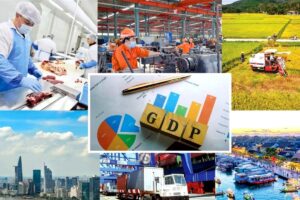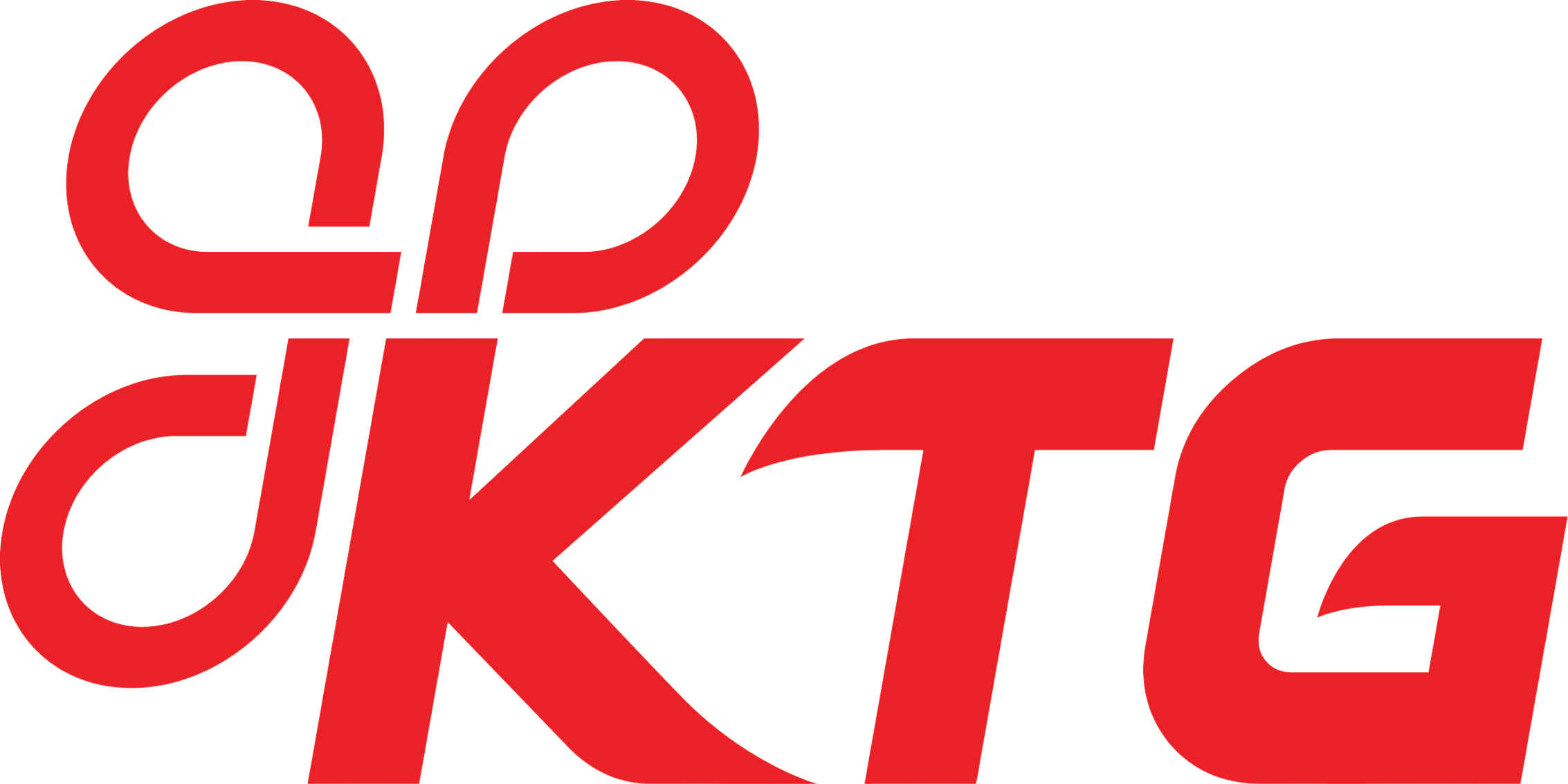In a comprehensive analysis presented at the Vietnam Real Estate Summit (VRES) 2024, industry experts traced the transformative journey of Vietnam's real estate market over three decades, highlighting its evolution through five distinct phases of development.
Market trajectory: Five pivotal stages
Over the past 30 years, Vietnam's real estate sector has progressed through five critical stages:
- Inception period (Pre-2009) (Trước năm 2009)
- Formative years (2009-2012) (2009-2012)
- Growth phase (2013-2019) (2013-2019)
- Disruption period (2020-2021) (2020-2021)
- Current challenge stage (2022-2024) (2022-2024)
Key insights from market evolution
Against the backdrop of Vietnam's dynamic economic landscape, the real estate market has emerged as a critical sector, reflecting the nation's economic development and investment potential. From modest beginnings to its current standing, the industry has demonstrated remarkable adaptability and resilience in the face of successive economic challenges.
Early foundations
The market's initial period was characterized by favorable legal frameworks and macroeconomic conditions. A significant milestone was Vietnam's World Trade Organization (WTO) accession in 2007, which dramatically accelerated foreign direct investment (FDI) in real estate—surging from $8.5 billion in 2007 to $23.6 billion in 2008.
Growth and transformation
Between 2013 and 2019, the market experienced robust recovery and expansion. Major real estate developers like VinGroup, CenGroup, and Nam Long emerged, reestablishing consumer confidence through high-quality projects and introducing innovative property types such as shophouses, condotels, and officetels.

Recent challenges
Since 2022, the market has entered a challenging phase marked by macroeconomic difficulties, stringent project regulations, and limited supply. Transparency remains a significant concern, with consumers facing complexities in property selection and investment.
Expert perspective
Bach Duong, CEO of Batdongsan.com.vn, offered a nuanced assessment: "Vietnam's real estate market has journeyed from quantity to quality, from nascent beginnings to a mature '30-year-old' landscape—more robust but still requiring navigation through existing challenges to achieve stability and refinement."
Future Prospects
The market's trajectory suggests a continuous process of evolution, with emphasis on developing products and services closely aligned with consumer needs. The ongoing transformation reflects resilience and adaptability in the face of dynamic economic environments.
As the Vietnamese real estate market continues to mature, stakeholders remain cautiously optimistic about its potential for sustainable growth and increased market sophistication.
>> See more: Vietnam Set to Become World's 33rd Largest Economy by 2025
Cre: Cafebiz







